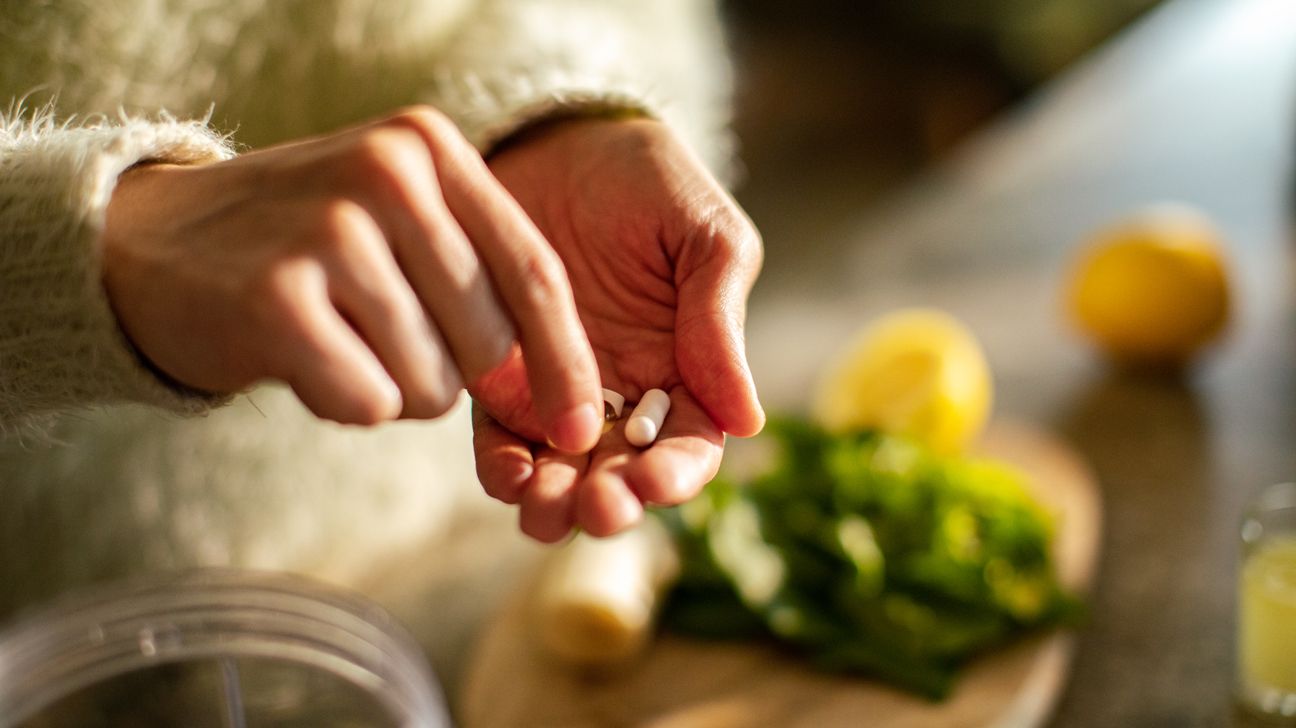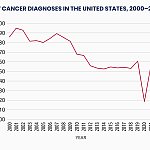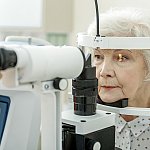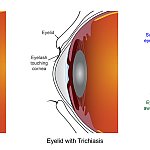
Probiotics reduced negative mood in a new clinical trial, adding to mounting evidence that the gut-brain connection plays a crucial role in mental health.
In the randomized, double-blind, placebo-controlled study, researchers observed that participants began feeling mood improvements within about two weeks of probiotics.
Because the study involved healthy adults — not just people with diagnosed depression — the findings suggest probiotics could benefit mental health across the general population.
The results were published on April 9 in the journal
The researchers noted their use of daily mood tracking may have helped detect subtle improvements that other mental health assessments could miss.
“This is the first study to implement daily mood monitoring to assess the effects of probiotics, and in fact, by the end of the month-long study, their negative mood still appears to be improving,” Katerina Johnson, PhD, first author of the study and a research associate at the University of Oxford in the United Kingdom, told Healthline.
The study adds to growing interest in the gut-brain connection, a complex communication system that is thought to influence mood and emotions between the gut and the brain.
For example, the gut produces a large amount of serotonin (about 95%), a neurotransmitter involved in everything from mood to appetite. This suggests that improving gut health could positively impact mental health.
Researchers conducted a comprehensive study involving 88 healthy volunteers with an average age of 22 years old. Participants in the study were not overweight, based on their body mass index (BMI). They also did not engage in excessive drinking, nor drug use.
Once enrolled, participants were randomly assigned to receive either a multispecies probiotic mixture or a placebo for 28 days.
The probiotic mixture contained nine bacterial strains, including various Bifidobacterium, Lactobacillus, and Lactococcus species. Participants consumed one 2 gram sachet daily dissolved in lukewarm water.
The researchers administered a comprehensive battery of validated psychological questionnaires before and after the four-week intervention, including measures of anxiety (STAI), worry (PSWQ), depression (CES-D), and negative affect (PANAS).
Despite this thorough approach, these standard psychological assessments detected minimal differences between the probiotic and placebo groups.
However, daily mood reporting told a different story.
This daily monitoring revealed the study’s most significant finding: participants who received probiotics showed a reduction in negative mood starting around the two-week mark, while those on placebo showed no such improvement.
“By monitoring people daily, rather than just assessing them before and after, it gives us a much better resolution of changes over time when taking probiotics. One disadvantage with psychological questionnaires is that they attempt to dissect how people are feeling into discrete categories e.g. stress, anger, anxiety or depressive tendencies. In contrast, asking how positive or negative someone is feeling can holistically capture a change in any emotional state,” said Johnson.
These findings suggest that probiotics can benefit mental health even in generally healthy populations, but that common research methods may miss these effects. Interestingly, the improvements to negative mood didn’t affect positive mood, which remained unchanged in both groups.
“We certainly understand that while we’ve had treatments for depression and anxiety for years, they’re sometimes not the right fit for an individual,” Lisa Durette, MD, chair of psychiatry at the Kirk Kerkorian School of Medicine at the University of Nevada Las Vegas, told Healthline.
“Opening up the discussion around other ways for us to help our patients and taking a more holistic approach is a very good thing.” Durette wasn’t involved with the research.
“If you look at the way in which individuals report antidepressants affecting themselves, a lot of patients will say they feel like they are emotionally blunted. They can’t feel the highs and the lows as well as I could without medication. But there was no blunting identified with these probiotics, which I think is interesting,” Durette noted.
If probiotics could simultaneously reduce negative mood without reducing positive mood, that would prove to be a “notable benefit”, according to the authors.
The researchers also found that certain individuals might respond better to probiotics than others. Specifically, individuals with higher baseline risk aversion, as measured by psychological questionnaires, showed the greatest improvement in negative mood when taking probiotics.
Despite the promising results, experts caution that probiotics are not a substitute for psychiatric medication or therapy.
Probiotics may be a helpful addition to a broader mental health strategy, but they shouldn’t replace proven treatments for conditions like depression or anxiety.
“The results from this study underline that probiotics are certainly not sufficient as a standalone solution in the prevention and treatment of mental illness,” Christoph Thaiss, PhD, assistant professor of pathology at Stanford University, told Healthline.
“It is also important to remember that probiotics are available as nutritional supplements that do not undergo the same rigorous testing for efficacy as FDA-approved drugs.”
Thaiss wasn’t involved in the research but noted that “probiotics could play an important supportive role in the clinical management of mood disorders.”
Durette shared that holistic practices, including diet, exercise, and probiotic supplementation, have a rightful place in mental health treatment as long as patients are informed of all the potential risks and benefits.
“It may be helpful for you to supplement what you’re doing with a prebiotic or a probiotic or be more mindful of having more whole foods that could increase healthy gut microbiome organisms,” said Durette.
Still, Durette acknowledged that more research in this area is needed. “We don’t know enough yet to determine whether or not these interventions should be a substitute for a traditional treatment,” she said.





